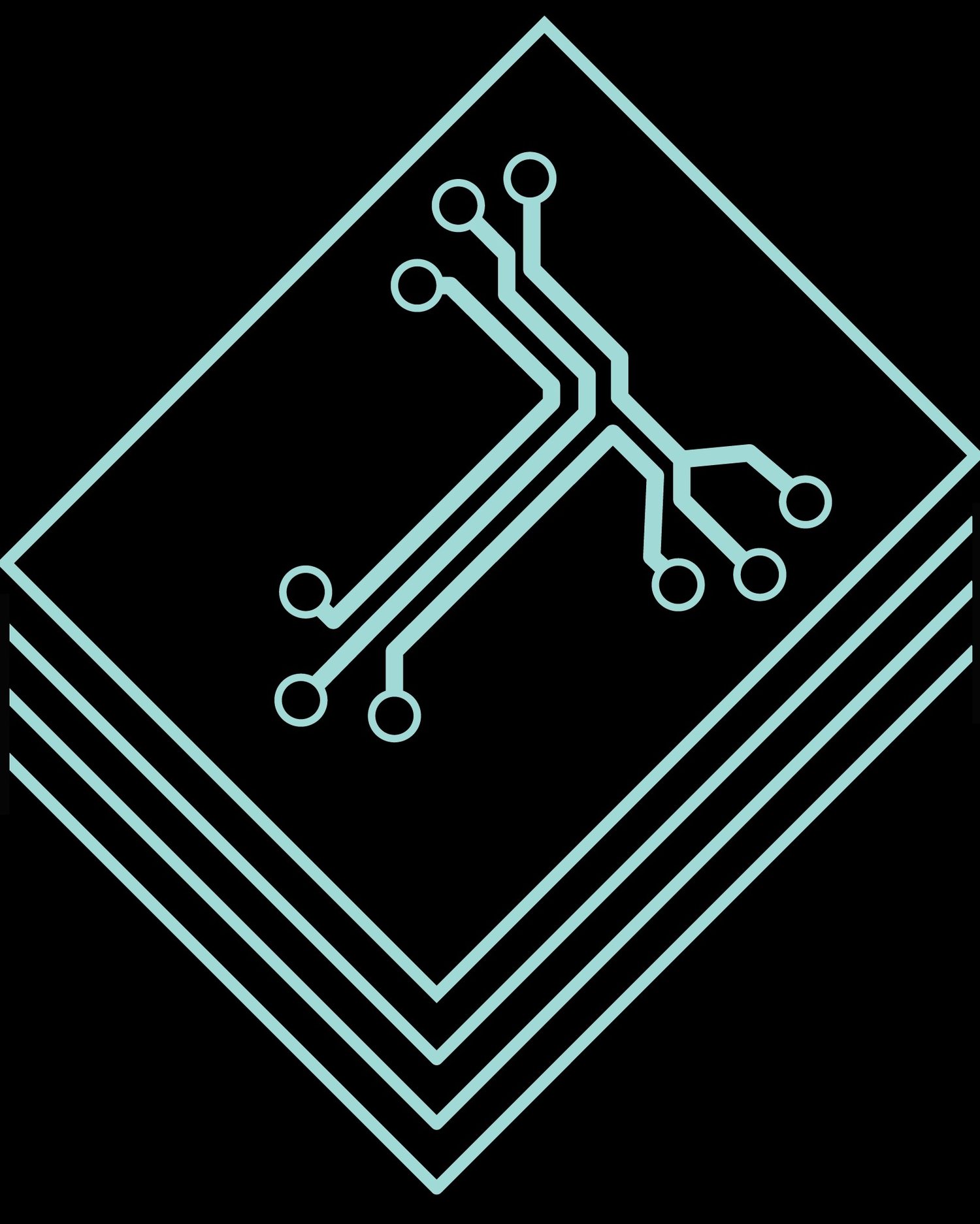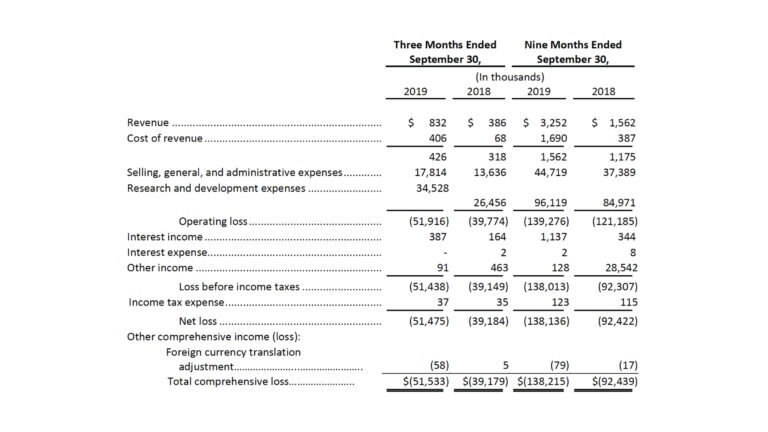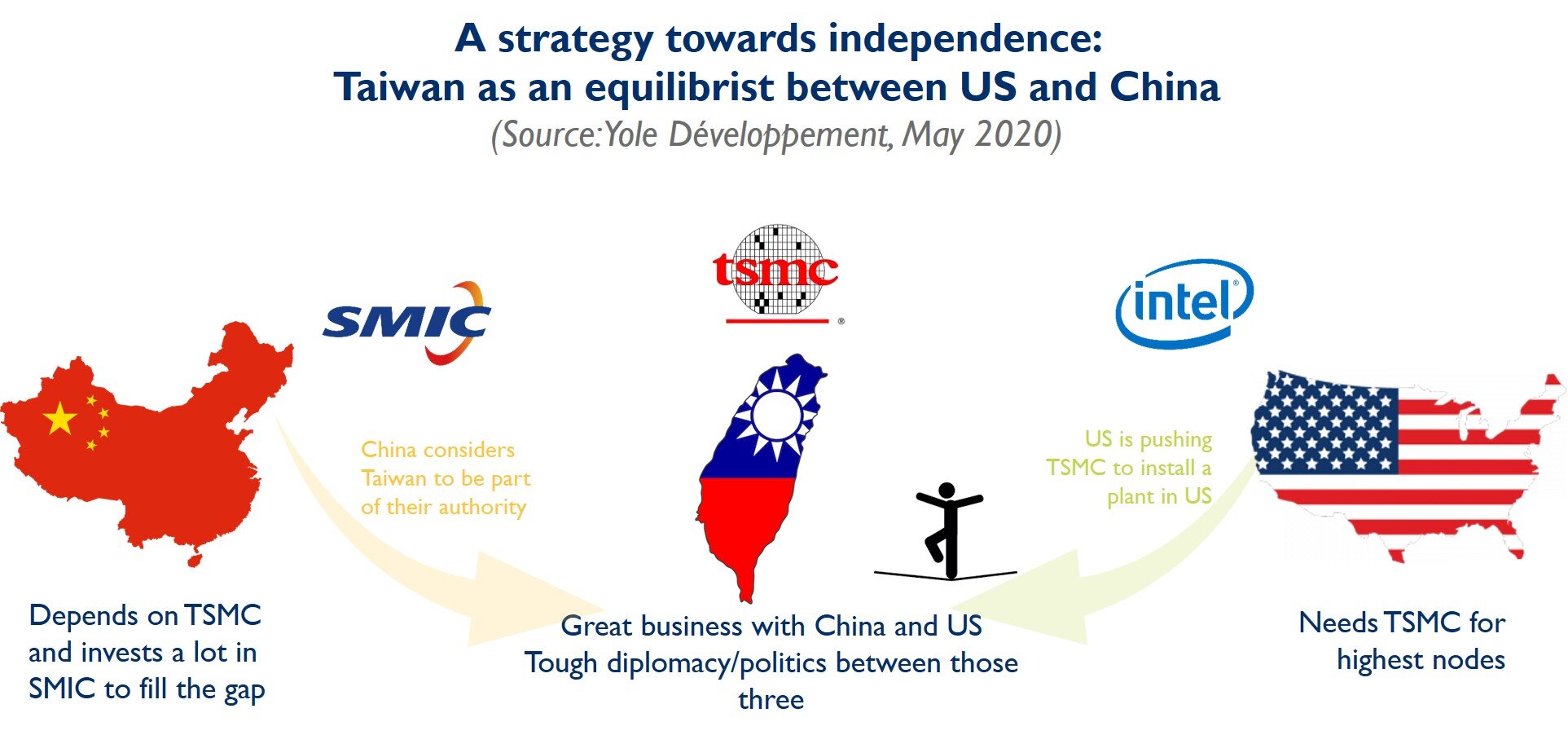We want to recognize the craziness of the world today and the saddening police brutality and systemic racism that continues to occur in the US. This month we opted for a fiction book that may provide a minor break from that current, depressing reality. We want to acknowledge that our reality is messed up, and as a book club we are committed to reading more books about diversity in tech and more books written by a diverse set of authors.
Tech Themes
The Computer knows the answer. There is an overwhelming feeling in society today, that the computer should be able to tell us the answer. Predictive models are everywhere, from personalized AI workflows to sports gambling. Society has become accustomed to the idea that computers will solve problems for us. Interestingly, the novel portrays technology in the opposite light. Marvin, the robot on Zaphod Beeblebrox’s ship is so knowledgeable that even the most complex task seems meaninglessly easy. As a result, Marvin is constantly depressed. Deep Thought, the most powerful computer in history, takes seven million years to come up with an answer to the question of what life is all about. The simplistic forty-two answer, prompts the crowd to ask what the question was to which the answer is forty-two. The computer suggests that earth will provide that question. These examples somewhat reverse the expectations of technology to the reader. We normally think of technology as providing the answer, simplifying our lives and dehumanizing us. At the end of the story it is not Marvin’s heroism that saves the crew from being killed by the Blagulon Kappa cops who are after the Heart of Gold, it is his depression. When Marvin seizes control of the cops computer and explains his life-view, they commit suicide. In these instances, the role of technology is reversed - it is emotion and human nature that can help save the world and provide the answers to the universe.
Not so obvious, Space Travel and Towels. “A towel, it says, is about the most massively useful thing an interstellar hitchhiker can have.” Something so simple as a towel - which seems relatively unimportant in everyday life - is an absolute necessity for space travel and hitchhiking through the galaxy. Frequently throughout technological history, the simple and unimportant things are overlooked in favor of tackling more complex problems and solutions. The largest data breach in history occurred when Equifax overlooked an expired certificate. During early development of the ENIAC, one of the first computing machines, software was looked at as unimportant and was relegated to early female programmers. Little did these sexist hardware programmers realize that software would become the most important aspect of computing. When the first iPhone released, Microsoft CEO Steve Ballmer laughed at the the device, saying it was too expensive and unable to cater to business customers because it didn’t have a keyboard. The incredibly sad, failed launch of space shuttle Challenger was due to cold temperatures causing rubber joint rings to become too stiff for appropriate sealing. Sometimes the value of a technology or a towel is not inherently obvious.
The Guide, the Whole Earth Catalog and the Internet. “The reason why it was published in the form of a micro sub meson electronic component is that if it were printed in normal book form, an interstellar hitchhiker would require several inconveniently large buildings to carry it around in.” The Hitchhiker’s Guide to The Galaxy is a massive electronic guide to help hitchhikers move throughout space. This interestingly mirrors the current state of the internet, which didn’t exist when Douglas Adams wrote Hitchhiker’s Guide to the Galaxy in the early 70s. Prior to the internet, this type of alternative information could be found in the Whole Earth Catalog, a famous magazine that Steve Jobs once called “Google in paperback form, thirty-five years before Google came along.” The Whole Earth Catalog was created by Stewart Brand, a famous writer and technologist, who actually participated with Douglas Englebart in the Mother of All Demos, which featured the introduction of the mouse and video conferencing. Brand wanted a way to publish material that wouldn’t be found in traditional textbooks, including product reviews of the latest technology. When the internet was starting to launch, Brand created The WELL (Whole Earth ‘Lectronic Link) to continue to provide interesting alternative articles and essays. The WELL is credited with being one of the first internet forums, which was originally accessed via dial-up bulletin board system. The internet today very much mirrors the Hitchhiker’s guide to the galaxy: its content is enormous, it isn’t necessarily factual (the Guide is not completely factual either, but based on experience), and its content spans all possible information needed to survive. On top of that, the packaging is described as suspiciously similar to modern smartphones: “He also had a device which looked rather like a largish electronic calculator. This had about a hundred tiny flat press buttons and a screen about four inches square on which any one of a million ‘pages’ could be summoned at a moment's notice.” The internet and mobile computing have come a long way in 50 years; it will be great to watch what happens in the next 50!
Business Themes
The Business of Space: SpaceX / Virgin Galactic. Elon Musk and Chamath Palihapitiya are outspoken, visionary billionaires. Elon has an incredible track record of under-delivering but still exceeding most people’s wildest expectations. Chamath was an early employee at Facebook and is now a part owner of the Golden State Warriors. He is CEO of a VC-firm turned “technological holding company” and the creator of three public SPACs, one of which now represents Virgin Galactic. A SPAC or Specialty Purpose Acquisition Company is a blank-check company with no commercial operations. A SPAC is normally led by experts in a specific space like software or real estate and these executives raise money to acquire a company. The money raised in an IPO sits in an interest bearing account until the blank-check company has found a company to acquire. If no deal is completed after two years, the SPAC will give money back to their investors. Chamath purchased 49% of Richard Branson's Virgin Galactic space company in 2019. Space is impossibly big and its natural to think that someone who can develop the technology to unlock that vastness to humans would also unlock a fortune. As the Guide puts it: “‘Space,’ it says, ‘is big. Really big. You just won’t believe how vastly, hugely, mindbogglingly big it is. I mean, you may think it’s a long way down the road to the chemist’s, but that’s just peanuts to space.’” But the business of space is in its earliest days. SpaceX relies almost completely on government contracted work which means the company needs an incredible amount of funding to survive because of the capital investment and the uncertain, non-recurring nature of these space contracts. Interestingly, the development of early commercial air travel, in the 1920’s, also had a similar funding issue, and it was up to the Guggenheim family, rich from mining profits, to set up a fund to exclusively contribute to the development of Western Air Express, the world’s first commercial airliner. Virgin Galactic is taking a piece out of Tesla’s playbook by selling future space rides ahead of any commercial launch. Public markets investors including reddit’s wallstreetbets community is piling into Virgin Galactic at the literal moonshot risk of it becoming the space company (Income statement above). Space has always been a billionaire passion, the question remains - can it be a business?
Moore’s Law and Murphy’s Law. Murphy’s law states: “Anything that can go wrong, will go wrong.” Hitchhiker’s Guide to the Galaxy explores this notion repeatedly as Arthur continually finds himself in unbelievably bad circumstances; his house is demolished, his planet is destroyed, he is captured by Vogons, and sure-death missles approach the ship as the crew descends on Magarathea. Arthur continues to survive these dangers with the help of the improbability drive, which the book states is a “a wonderful new method of crossing interstellar distances in a few seconds; without all that tedious mucking about in hyperspace. As the Improbability Drive reaches infinite improbability, it passes through every conceivable point in every conceivable universe almost simultaneously. In other words, you're never sure where you'll end up or even what species you'll be when you get there. It's therefore important to dress accordingly.” In comparison to Murphy’s law, Moore’s Law is the idea that computing power doubles every 18 months. A 2006 Economist article explained Moore’s Law as the opposite of Murphy’s Law: “But his law seems safe for at least another decade—or two to three chip generations—which is as far as he has ever dared to look into the future. As things are made at scales approaching individual atoms, he says, there will surely be limitations. Then again, the law has often met obstacles that appeared insurmountable, before soon surmounting them. In that sense, Mr Moore says, he now sees his law as more beautiful than he had realised. “Moore's Law is a violation of Murphy's Law. Everything gets better and better.” While Moore’s Law has surely reached its current limitations, the question remains where do chips go from here? Some have posited that chips will push towards function specific hardware or purpose built for specific computing tasks like NVIDIA’s graphics cards. The space is large and complex - with companies like Apple licensing ARM technology to build their famous A13 chip while other companies have focused on specific parts of the value chain like TSMC. A big question that still remains is how cloud companies will scale hardware to meet continuing demand from customers. Arthur Dent, like Elon Musk, continues to benefit from infinite improbability - maybe quantum computing is the only way to know if Elon will succeed and what happens next in chip design.
Mentorship. Slartibarfast is a wise, old, planet creator who is plopped into the story to provide Arthur with answers to so many incredible questions. Slartibartfast explains the creation of earth and the interaction with Deep Thought. The interactions between Arthur and Slartibartfast are somewhat akin to traditional business mentorship - when you have none of the answers or you have preconceived ideas of how everything came to be, a mentor can quickly dispel your ideas and provide deep answers. Mentorship has been popular in Silicon Valley, with Bill Campbell mentoring Steve Jobs and several others. Bill was also instrumental in several decisions Ben Horowitz contemplated as he took Opsware through its spinout and sale of its managed services division. Mentors help change perspective and provide guidance.


